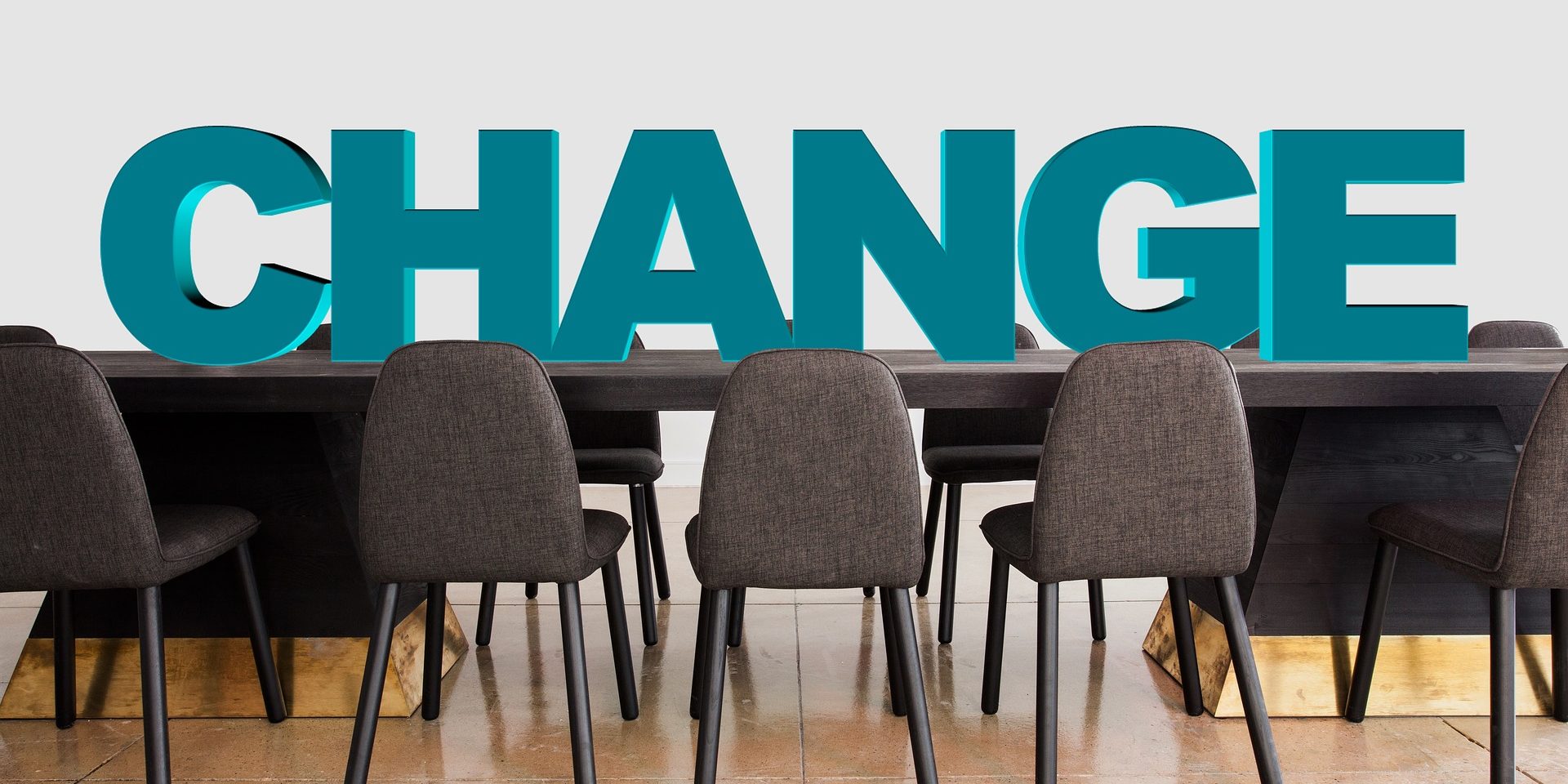By Kathleen A. Cullen, Senior Vice President, PHG Consulting
 The group sales landscape likely will be very different in the near to medium term. The entire world has watched meetings and events scheduled for the first half of 2020 either cancel or postpone to later in the year, or even move to 2021. The challenge is knowing the best time to rebook. Hotels will need to be agile in pivoting to whatever the new normal looks like.
The group sales landscape likely will be very different in the near to medium term. The entire world has watched meetings and events scheduled for the first half of 2020 either cancel or postpone to later in the year, or even move to 2021. The challenge is knowing the best time to rebook. Hotels will need to be agile in pivoting to whatever the new normal looks like.
Approach conversations with your group clients in a transparent and partner-like way, displaying a sense of togetherness, compassion, and care and offering significant flexibility. The following is a list of key items that group representatives are expecting from hotels:
- Cancellation and cutoff dates may need to be reevaluated for the remainder of 2020 to provide more flexibility in decision timelines.
- Attrition clauses may no longer be accepted. Hotels will need to think about what is more important — group business at 50 percent of expected size or no group at all?
- F&B minimums may have to be removed.
- Room-to-space ratio requirements should be reexamined.
- Program designs will have to allow for more space between attendees. There may be fewer attendees but the same space requirement to allow for social distancing. Rounds initially planned for eight people may go to five. Think in advance about how to handle groups that are “space heavy” and have an “off-rooms-to-space ratio” in their ask.
Alleviate client concerns in advance by communicating measures your hotel is putting into place before the question is even asked. These groups selected your hotel based on certain services and staffing levels, so it will be important to provide them information on what they can expect now:
- First, reassure clients that your hotel is open and ready to welcome their groups.
- It will also be important to address your staffing and planning for groups. Many hotels were forced to furlough much, if not all, of their staff. A natural concern will be who is available to prepare and support clients in advance of their programs. Communicate that staffing — and plan in advance, so clients have confidence.
- Communicate service adjustments you are putting into place. How will you handle buffet or food stations? Will there be a pass-through cost for these changes?
- Offer floor plans showing new room setups with social spacing options.
- Should every table have not just pads and pens but also sanitizer?
- What about the financial stability of your hotel? A legitimate concern of some clients could be the liability of deposits and the solvency of the hotel. Perhaps reassure them by offering to put deposits into an escrow account.
- Does your air-conditioning system circulate recycled air or fresh air? If your hotel has been closed for a period of time, the HVAC system should be inspected to ensure that it is free of contaminants.
- What virtual capabilities and internet strength can you offer for attendees who participate remotely?
- Communicate the cleaning process, including sharing videos about it. Perhaps offer to put cleaning solutions in the rooms for guests who want the added comfort and ability to do it themselves.
Hotels that alleviate concerns in advance of any questions will provide significant comfort to group clients and have the best chance to secure the business. Give clients what they need. It won’t be about rate — it will be about trust, care, and communication.
Excerpted from New Rules to Be Market Ready, by Kathleen A. Cullen, a new white paper available from HSMAI and PHG Consulting. For additional information, insights, and tools, visit HSMAI’s Global Coronavirus Recovery Resources page.
